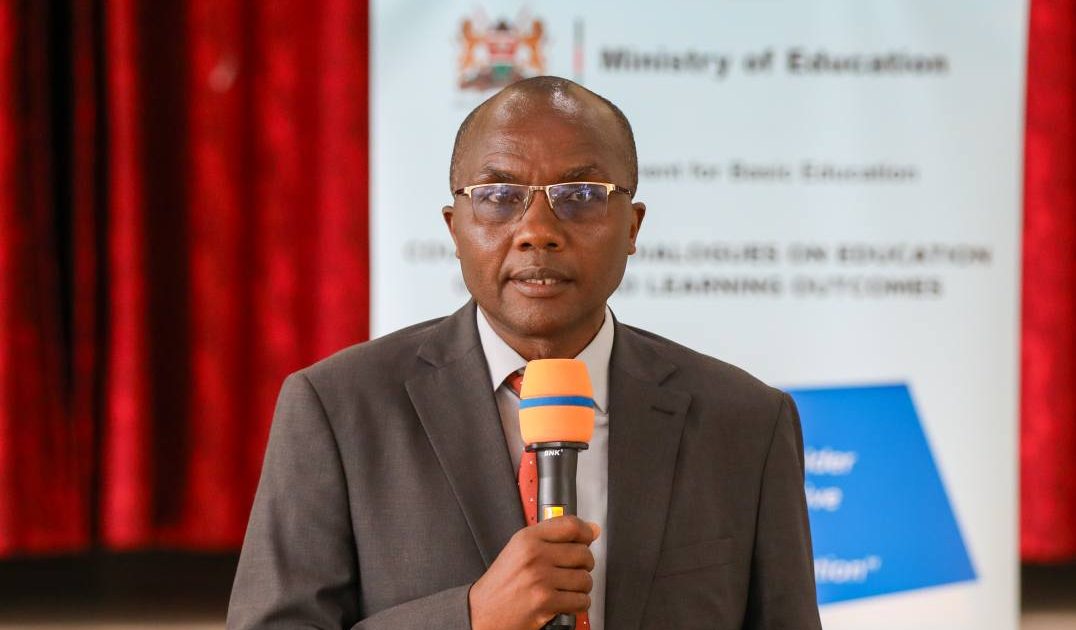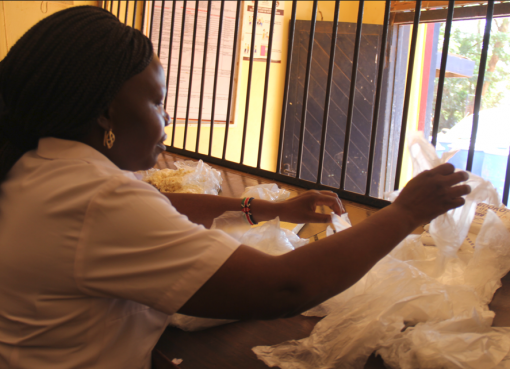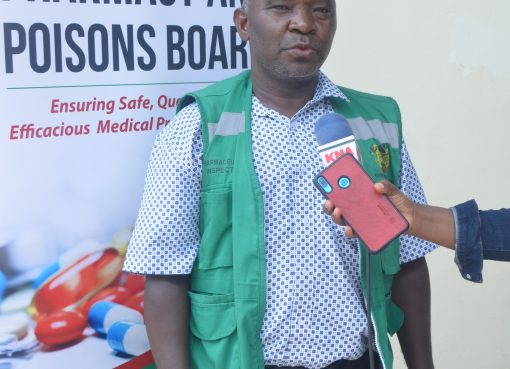Provision of adequate resources to Technical, Vocational Education and Training (TVET) institutions in Kenya is essential in achieving Kenya’s development goals as envisioned in the Vision 2030.
Nakuru Deputy Governor, David Kones, asserts that increased resource allocation for TVET institutions would improve their capacity to provide quality training through the purchase of modern technology training equipment and investing in continuous professional development for trainees.
The deputy governor was speaking at Nakuru High School during the first-ever dialogue on quality education and learning outcomes since the introduction of Competency-Based Curriculum (CBC) eight years ago.
Kones said the devolution of TVET institutions had seen a significant increase in the number of trainees joining vocational training centres, a move he said had led to a corresponding need for increased resource allocation to enable the institutions produce good-quality skilled labour that could meet current and future market demands.
The dialogue by the Ministry of Education aimed to engage stakeholders in discussions about competency-based education (CBE) journey, including its progress, achievements and opportunities.
The deputy governor pointed out that there was need to create incentives for trainees in TVETS to make them embrace new technologies, modern machmachinery, innovations, as well as providing opportunities for the trainees to interact regularly with the labour market through internships and industry exchange learning forums.
He observed that whereas TVET institutions have struggled to ensure that graduates fit in the labour market, some employers have often expressed dissatisfaction with the performance of the trainees due to a ‘skills gap’ resulting in high youth unemployment rates due to low rates of employability.
The devolved unit’s administration objective, Kones said was to use the power of technical vocational education and training (TVET) to push the potential of young people to positively contribute to economic growth.
He emphasized the growing need for students to pursue technical education in light of the rising number of high school graduates.
Nakuru County has 24 youth polytechnics spread across the 11 sub-counties. According to the Technical Vocational Education and Training Authority (TVETA), there are two accredited public TVET institutions in the county namely the Dairy Training Institute in Naivasha and the Rift Valley Institute of Science and Technology in Njoro, and a total of 18 accredited private TVET institutions.
The dialogues that kicked off on March 7 are taking place in every county and will end on March 15. They are headed by education officers from the Ministry of Education, Kenya National Examination Council, Kenya Institute of Curriculum Development and the Teachers Service Commission.
The dialogues are focused on updating stakeholders on the status of CBE implementation, providing a platform for stakeholders’ participation in the validation of senior school guidelines, appraising stakeholders on teacher recruitment and capacity building and receiving feedback from stakeholders on implementation of CBE.
Introduced in 2017 and rolled out in 2019, the CBC aims to equip students with essential 21st-century skills and knowledge. The forum provided a platform for stakeholders to offer feedback on the CBC’s implementation, including the validation of transition guidelines from Junior to Senior Secondary School, which is slated for next year.
The dialogue comes as preparations for the first-ever end of Junior School Assessment under the CBC started with registration of learners who will undertake the assessment at the end of the year.
The pioneer cohort of CBC is currently in Grade 9 in Junior School and will sit for their assessment in November to transition to senior school next year.
More than 1.2 million Grade 9 learners will transit to senior school based on career pathways. Kenya has adopted three pathways in senior schools, namely, social sciences, arts and sports, and science technology, engineering, and mathematics.
By Esther Mwangi and Nicole Nduuti





